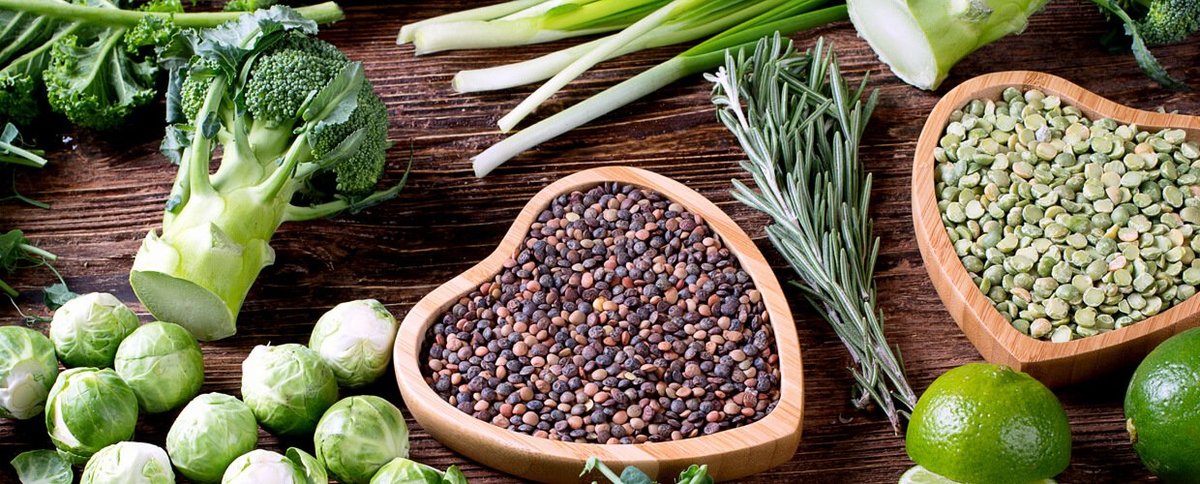Vegetables That Are Surprisingly High In Protein
Many people think that a vegetable based diet doesn’t contain much protein. This isn’t true! Many vegetables, including quinoa, soybeans and peanuts contain quite a bit of protein and none of the saturated fat of red meat.
Complete and Incomplete Protein
Proteins are composed of amino acids. These are like building blocks that the body uses to repair and build tissues and for cellular functions. Protein is either complete or incomplete. If it’s complete, it contains at least all nine of the essential amino acids needed by the body. There are 20 amino acids, but the body must get nine of them from food. It can manufacture the others itself. Most vegetables contain incomplete protein, but there are two exceptions:
- Soybeans
- Quinoa
Edamame, which are immature soybeans, also contain complete protein.
Quinoa
Although it looks like rice and is often served as such, this powerhouse vegetable is actually a type of seed from a native Peruvian plant related to beets and chard. It’s gluten-free and a good source of iron, copper, fiber, thiamine and vitamin B6. It has a respectable eight grams of complete protein per cooked cup. It may have anti-inflammatory effects and may help to lower cholesterol. Quinoa is a great addition to a vegetable based diet.
Soybeans
Soybeans are very high in complete protein, supplying about 30 grams per cup of boiled soybeans. The immature green pods are called edamame and can be prepared in a variety of ways, such as baked or roasted with olive oil and black pepper. Soybeans are available commercially as soy milk, tofu, tempeh and roasted. They are high in magnesium, iron and calcium and contain fair amounts of vitamins C, K-1 and B-6. Soybeans are also an excellent source of fiber and healthy fats.
Asparagus
This delicious vegetable provides almost four grams of protein for every 10 spears. It can be roasted, grilled or steamed. Asparagus is high in riboflavin and vitamin K.
Lentils
This versatile vegetable is wonderful in soups, salads and stews, adding 16 grams of protein per cup to any dish. They’re also high in thiamine, folate, iron and phosphorus.
Potatoes
Rich in vitamin C and potassium, a medium-sized potato provides over 3 grams of protein. Purple potatoes may have up to twice as much protein as other types.
Chickpeas
Also known as garbanzo beans, this vegetable contains 14.5 grams of protein per boiled cup. It’s also available as a popular dip called hummus and can be added to soups, salads and stews.
Pinto Beans
Also high in protein, providing about 14 grams per cup of boiled beans, pinto beans work great in Mexican cooking. They’re also a good source of fiber, calcium, iron, vitamins C and B-6 and magnesium.





